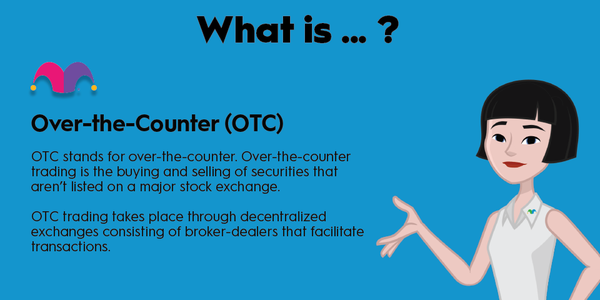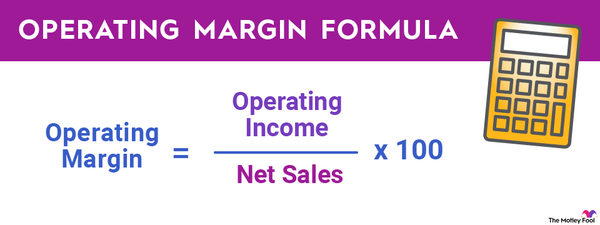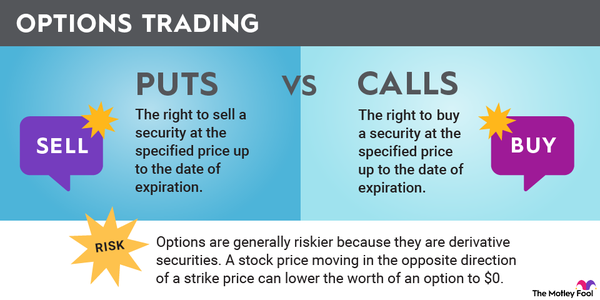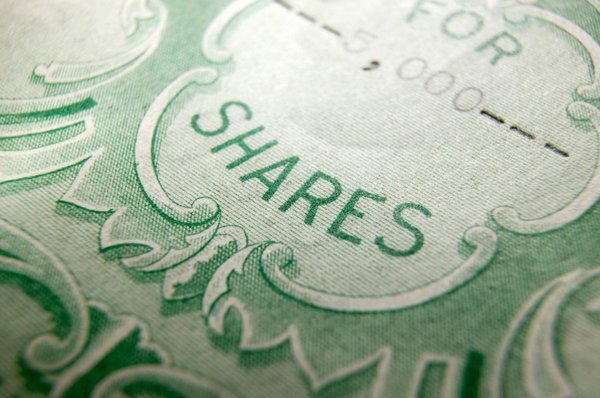An overweight stock is a term used to describe a stock's weighting in an investment portfolio. Financial analysts use the term to rate a stock they believe investors should have a higher allocation relative to the market benchmark or other similar companies. An overweight stock can also mean that an investor has a large allocation to a stock in their portfolio.
Here's a look at what an overweight stock rating means, why analysts use the term, how to overweight a stock, and some examples.

Why do analysts use an overweight stock rating?
Why do analysts use an overweight stock rating?
Analysts will use an overweight rating to indicate they believe investors should buy more shares of a company to increase their allocation or weighting to that particular position. Many investors strive to have a diversified portfolio with relatively equal weightings of each position. However, an overweight rating suggests investors should buy more of a particular stock so that it has a larger weighting in their portfolio.
An overweight rating indicates that an analyst has a high conviction that a stock can outperform a market benchmark or its peers over the next six to 12 months. To capture this outperformance, the analyst recommends investors buy more shares to increase their portfolio weighting to the stock.
Conversely, if an analyst is less bullish on a stock, they might rate a stock "equal weight" or "underweight." These ratings are similar to a hold or sell rating. An equal-weight-rated stock means an analyst believes that investors should allocate roughly the same percentage of their portfolio to a particular stock as its weighting in the S&P 500 or other stocks in its sector since it should deliver market-matching performance. Meanwhile, an underweight rating suggests investors should sell shares to reduce their allocation to that stock because they believe it will underperform.
How investors can overweight a stock in their portfolio
How investors can overweight a stock in their portfolio
Most financial advisors recommend that investors own a diversified portfolio of between 20 and 30 stocks. One aspect of being diversified means an investor would have relatively equal weighed allocations across their stock positions (3.3% to 5% based on 20 to 30 stocks). However, depending on their conviction level, many investors will allocate more or less of their capital to particular holdings.
For example, an investor strongly believes a stock will outperform the S&P 500 over the coming years. So the investor buys enough shares to increase their portfolio weighting to the stock to 10%, more than double the average weighting across their portfolio of less than 5%. That would mean the investor is overweight on the stock.
Related investing topics
Examples of an overweight stock
Examples of an overweight stock
In early 2023, Morgan Stanley (MS 0.69%) analyst Katy Huberty published a note to the bank's clients reiterating an overweight stock rating on Apple (AAPL -1.16%). The analyst named Apple a top pick because it has several "underappreciated catalysts." The analyst believed strong demand for its latest iPhone models would drive expectation-beating revenue growth. The analyst also noted that the market wasn't giving the company any credit for its recent investments in autonomous vehicle technology or augmented reality, which could become meaningful growth drivers over the longer term. These catalysts drove the analyst's view that an investment in Apple stock would outperform the market, which is why they recommended investors overweight the stock in their portfolios.
Renowned investor Warren Buffett has overweighted his portfolio to Apple stock. In mid-2023, Warren Buffett's company, Berkshire Hathaway (BRK.A 0.97%)(BRK.B 1.18%), had a 46.9% portfolio weighting to Apple stock. That's much higher than Apple's 7.7% portfolio weighting in the S&P 500.














